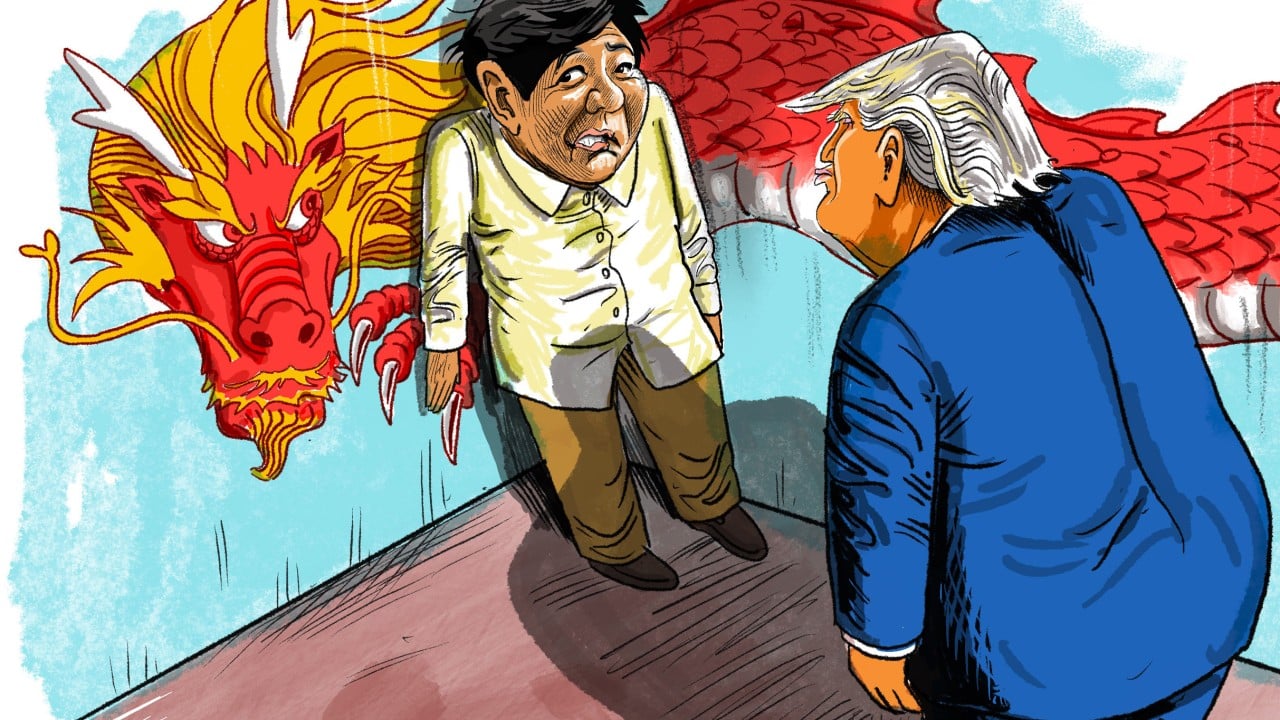Since coming to power earlier this year, US President Donald Trump has broadly signalled a historic departure from America’s traditional role in global affairs. Not only has the US decoupled from global institutions such as the World Health Organization, it has disrupted international trade by adopting an aggressively protectionist stance through the imposition of massive tariffs on foes and friends alike.
Advertisement
The same unorthodox approach has also characterised the second Trump administration’s approach to its overseas military commitments. From scaling back much-needed defence aid to Ukraine to berating European allies on defence spending, the second Trump administration has ushered in a new era of American foreign policy. When it comes to Asia, however, the US has shown remarkable policy continuity.
This is most notable in the case of the Philippines, which has become a critical ally amid Washington’s deepening rivalry with China. Far from abandoning Manila, the Trump administration and its legislative allies are doubling down on defence aid to, and military cooperation with, Philippine President Ferdinand Marcos Jnr’s administration.
Aside from deploying state-of-the-art weapons systems and establishing new military facilities in the Philippines, the Pentagon is also mulling the establishment of a regional munitions hub in Subic Bay. Though no formal proposal has been submitted by the Trump administration yet, with the US Congress still reviewing the plan, top Philippine defence officials have welcomed greater US forward deployment presence in Asia.
Though greater defence assistance from Washington is critical to Manila’s ability to protect its core interests in adjacent waters, it could come at the expense of the Philippines’ efforts to develop strategic autonomy.
Advertisement
Early in his tenure, Marcos underscored his commitment to a balanced relationship with the global superpowers. While continuing to mend frayed ties with Washington after years of an acrimonious relationship during the early years of Rodrigo Duterte’s presidency, he also placed constructive ties with China at the heart of his foreign policy. After all, the Marcos family has a historically warm relationship with Beijing.

